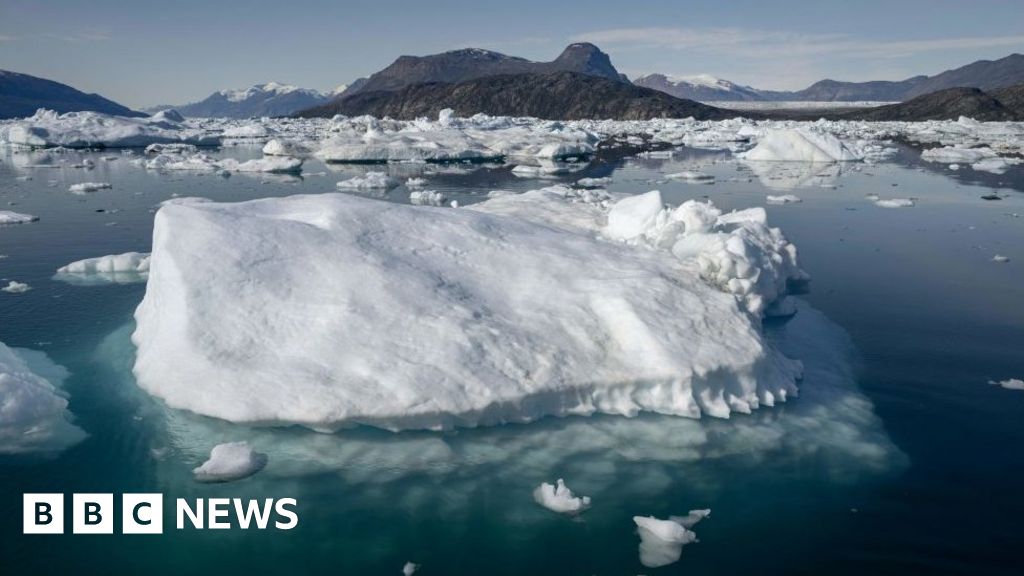A study has found that the acceleration of melting ice from Greenland and Antarctica is impacting the speed of Earth’s rotation and could potentially affect how time is kept. As a result, global timekeepers may need to subtract a second from our clocks later than originally anticipated.
The redistribution of mass caused by the additional water entering the world’s seas is causing a very slight slowdown in the Earth’s rotation, although the planet is still spinning faster than in the past. This process has led to changes in the length of our days and nights, which are accounted for by approximately 27 seconds known as leap seconds added since the 1970s to maintain the accuracy of our time.
However, if it weren’t for the accelerating melt of polar ice, a “negative leap second” – subtracting a second from world clocks – would have been necessary in 2026. Duncan Agnew, who conducted this research, expressed surprise at how much humans have impacted Earth’s rotation and noted that these changes are unprecedented and signify significant effects of climate change on our planet.
